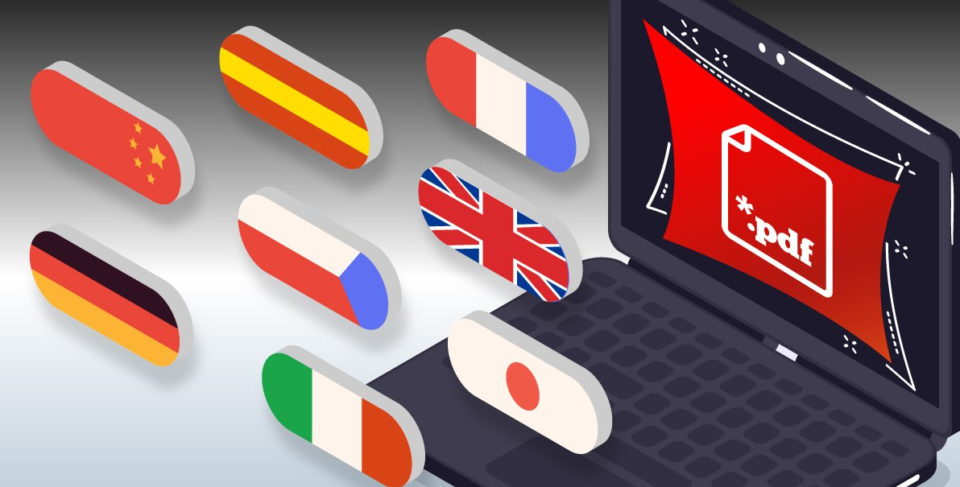Many people think that translation is extremely easy, and all the translator has to do is just replace the words in the source text with the equivalent words in the target language. But professionals know for sure that this is far from the case, since some phrases, in literal translation, would not make any sense at all. The translation is a very complex process, during which many different factors are combined – the genre of the original text and the style in which the author wrote it, the competence and outlook of the translator himself, the deadlines for the project, and much more.
On the Internet, any of my readers can easily find a lot of useful (and not so) translation tips, but each translator uses his own proven methods and techniques of technical and literary translation, created over time from his own special knowledge, professional experience, and creative finds. In this entry on my translator blog, I will briefly share with you my tips for translating documents or oral presentations that I have built from my knowledge, my own mistakes, and unexpected revelations. I hope that all of them can be useful both for students of translation faculties and for my colleagues specializing in interpretation or translation.
THE ART OF INTERPRETING
Interpretation from best certified interpreters- whether simultaneous, consecutive or whispered – is considered the most difficult type of translation. To achieve good results in this area, the translator must (a) have wide knowledge in various fields, (b) understand and critically analyze the information he translates, (c) understand which elements in the text are key, (d) constantly enrich his professional vocabulary and deepen knowledge of the culture of those countries where they speak the language from which he translates, etc. Among the most important personality traits of an interpreter, I would single out such as quick response, clear articulation, and a quick mind.
MY ADVICE TO AN INTERPRETER
Familiarize yourself in advance with the topic of the speech that you will be translating.
Write down the main points of speech – this will help you with interpretation.
Before you start translating, be sure to find the correct translation and understand the meaning of all the technical terms and keywords in the speech.
Establish friendly contact with the speaker in advance, whose speech you will be translating in the consecutive interpretation mode.
Remember to pronounce the words clearly and distinctly.
Prepare a short summary of the speech and read it out at the end of the speech – this will help the audience clarify the conclusions and ask the right questions.
React very quickly and be prepared to work in a rather stressful environment.
Enjoy what you are doing, you will not be able to redo this work, the word, as they say, is not a sparrow.
When choosing words for translation, always focus on the audience. Sometimes you can simplify the speaker’s speech a little, if, of course, you know the subject well enough and are ready to replace complex terms with their simpler equivalents, or you can clearly explain them to the audience.
EXCELLENCE IN TRANSLATION
Written translation is completely different from any other type of translation. As a rule, here the translator does not need to instantly react and issue the Russian version of the English text “right off the bat”. You have time to think, choose the best option from several possible ones, investigate a dictionary, consult a specialist, etc. At the same time, even a technical translation must convey the meaning and rhythm of the original text, its style, and its music. In addition, in written translation, as nowhere else, one must be very precise with linguistic means, and attach special importance to the stylistic features of the author’s language. The most important translation tips are as follows:
MY ADVICE TO A TRANSLATOR
Translate the meaning, not the words!
Rely on your mind and common sense – when translating complex texts, they can be much more useful than the most extensive dictionaries and the most authoritative reference books.
Ask a specialist or native speaker (if you are translating into a language other than your own) to proofread your translation so that it sounds as natural as possible.
Never take on a project that you know you’re not up to yet. The skills and experience of an interpreter come with time – remember this!
If you want your passport translation to look professional, pay attention to language nuances.
It takes a lot of time to make a good translation!
When performing technical translations, consider the structure of document organization adopted in the country of the target language, it may differ from the country in which the document was written.
Always reproduce the author’s original style, whether it be funny, humorous, wordy, colloquial, or scientific.


